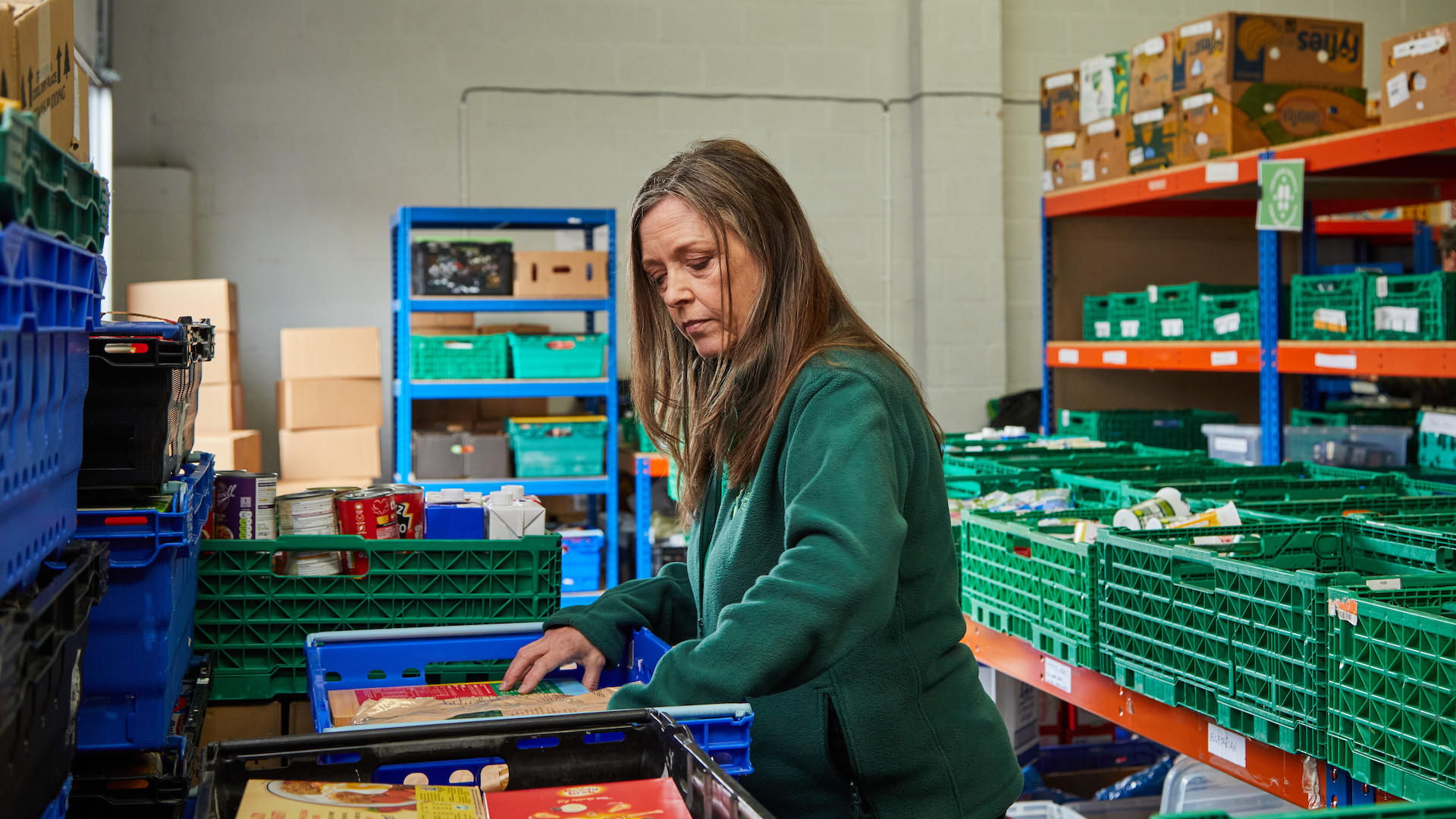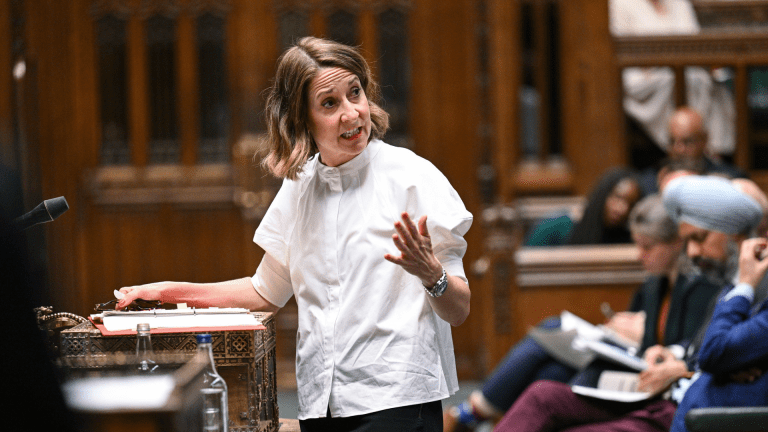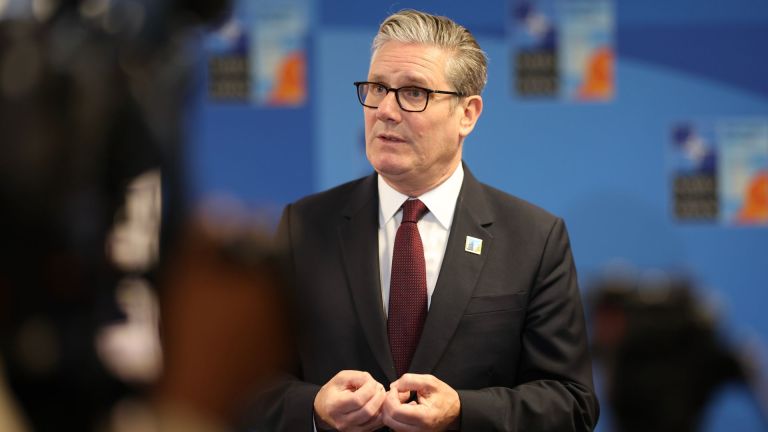Our social security system is failing to protect disabled people from needing to turn to food banks for support in critical ways.
Research into disability benefits and food bank use by ScotCen described the experiences of food insecurity reported by disabled people who participated in the study: ‘Worrying about buying food at the start of the month shifted to compromising on quality and skipping meals by the middle of the month. By the last few days of the month, some had no access to food at all.’
In some cases, delays in receiving benefits cause hardship. Riccardo worked in hospitality until an accident left him with an injury that led to him losing his job and finding himself needing a food bank.
He said: “I had no support when I came out of hospital.I had to apply for social security, but it took ages to get sorted out and I didn’t have any money. I still had to pay my rent and bills while I was waiting for my payments to come through– it took 6-8 weeks… It’s horrible because you stress out, you think “what am I going to do?”
The insufficiency of social security is a major problem too. The basic rate of universal credit for a single adult falls £35 per week short of the cost of the essentials. For many disabled people, this is made worse by the additional costs associated with their disability. A participant in the Trussell Trust’s Hunger in the UK research described their experience:
“Carers for the night is about £60, so it is expensive, and you have to still make ends meet. Gas prices are just horrendous and the electric prices, I have an electric wheelchair, I have all his other equipment that I have to run … Am I worried? Extremely.”
Advertising helps fund Big Issue’s mission to end poverty
Disability benefits are intended to support households with these additional costs, but they can be difficult to access, and often still leave households with budgets that simply don’t add up.
Lack of access to employment also contributes to food bank use. Almost one in five disabled people accessing Trussell Trust food banks who were out of work said they would like to work, but that it was difficult to find work which allows them to manage their health condition.
Employers have a part to play in ensuring good quality work is accessible to disabled people and providing appropriate flexibility and support where needed.
Social security provision and access to employment are not unrelated. Stress and material hardship resulting from the insufficiency of benefits make it harder for people who have the potential to recover, or to manage their disability in a way that enables them to return to work to do so.
Some measures in the Government’s Back to Work plan – such as increased investment in specialist, personalised employment support and talking therapies – may prove to be positive steps forwards, but changes to the Work Capability Assessment also risk significantly increasing hardship among disabled people. Urgent action is needed to repair the safety net that social security is intended to provide.
Together with the Joseph Rowntree Foundation, the Trussell Trust is calling on political leaders to introduce an Essentials Guarantee to ensure that universal credit, at a minimum, covers the cost of essentials, such as food and bills.
Advertising helps fund Big Issue’s mission to end poverty
This would help ensure that our social security system better protects people whose disabilities prevent them from working, as well as providing the security people need to make a sustainable return to work where this is possible.
It isn’t right that so many disabled people are needing to turn to food banks for support.
We can do better than this. And we must.
Heather Buckingham is social change advisor at the Trussell Trust. The Trussell Trust supports a UK wide network of food banks and together they provide emergency food and support to people locked in poverty, and campaign for change to end the need for food banks in the UK.
You can read more stories of people who needed to access food banks and why here.










